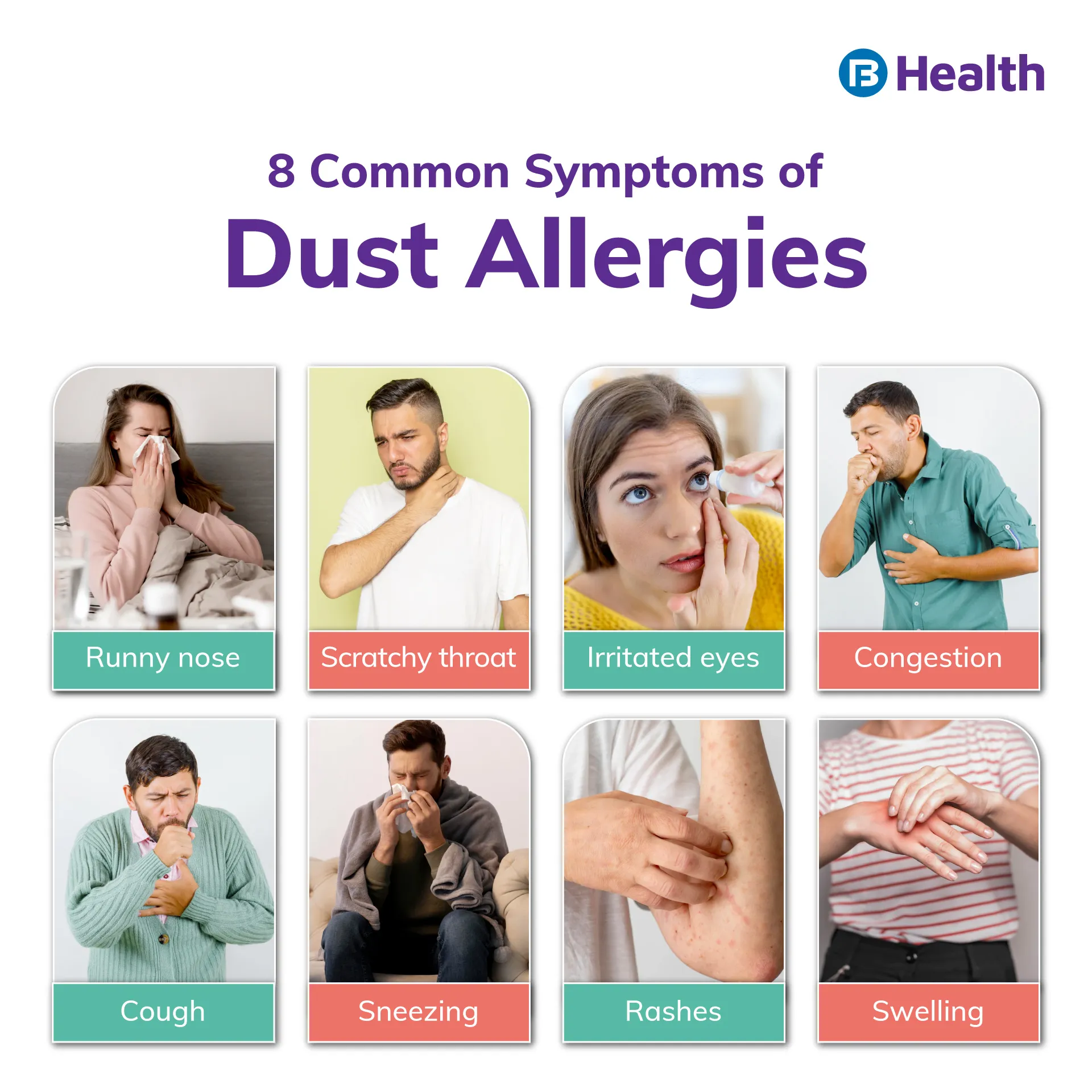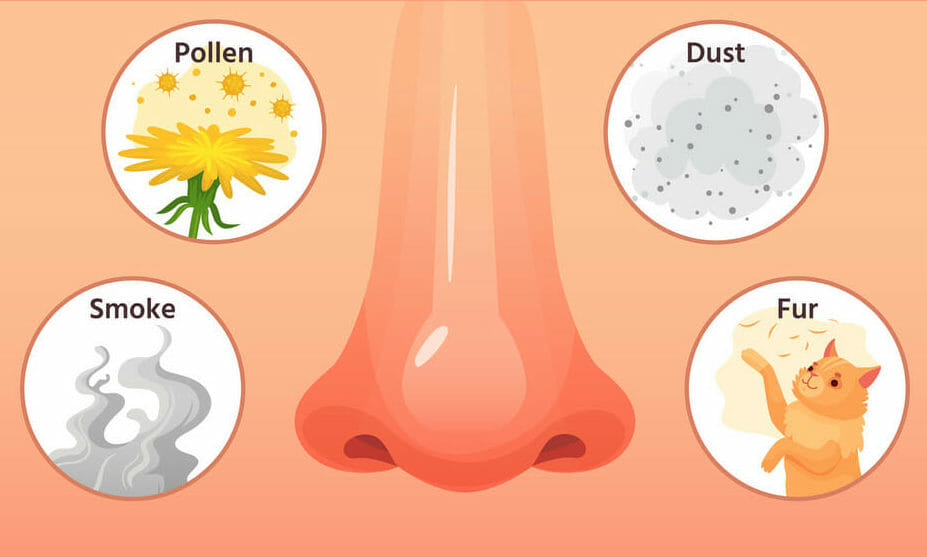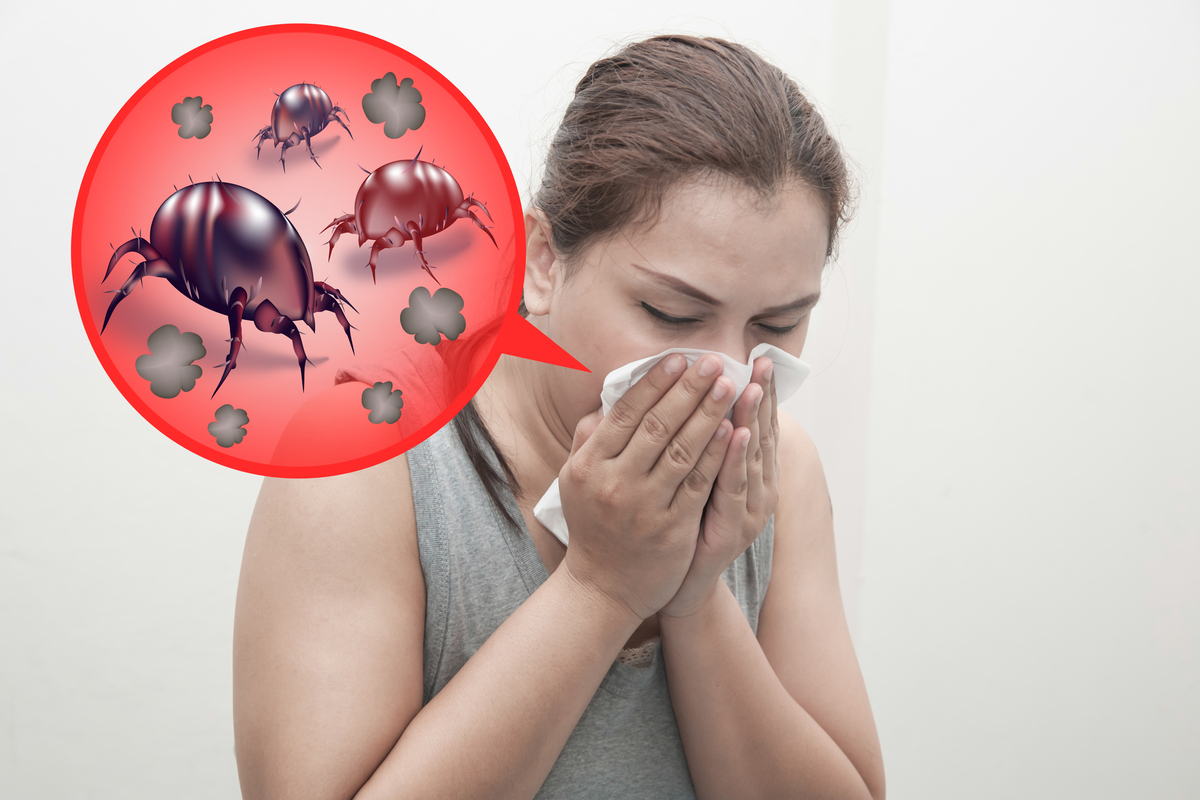Fun Tips About How To Avoid Dust Allergy

2 but you can take steps to reduce your exposure and relieve your dust.
How to avoid dust allergy. Find out how to prevent dust mites, allergens, and other triggers from. Diseases & conditions / dust mite allergy. Wash your blankets in hot water.
Eye allergies are known as ocular allergies or allergic conjunctivitis. Signs of dust mite allergy include those common to hay. How to avoid dust mites.
Dust mite allergy is an allergic reaction to tiny bugs that commonly live in house dust. Avoidance of these allergens (or at least a reduction in their number) is also important. Learn what causes dust allergy symptoms, how to recognize them, and how to treat them.
How can i prevent allergic reactions to dust mites? Whatever your allergy treatment plan — from allergy shots to medications — you should know your triggers and take steps to avoid them. Dust mites bring misery to millions of allergy sufferers.
Dust is one of the most common indoor allergens, and a dust allergy can make life miserable. With just a few household changes, you can help your family avoid these nasty little creatures and the allergy symptoms they can trigger. Learn how to avoid dust triggers, manage your symptoms and get treatment from an allergist.
How to keep dust mites away naturally to help ease your allergies. Dust furniture with a damp cloth or cleaning spray at least once a week. Allergens, such as dust, pet dander, pollen or mold.
Microscopic bugs that live in our homes can mean huge problems for people with allergies and asthma. This is a really effective method to help get rid of dust mites. Dust mites that feed on.
The most common symptoms of a house dust mite allergy include sneezing, runny nose, stuffy nose, itchy nose, throat or mouth, postnasal drip, cough, red or watery eyes,. How common are allergies to house. When people with allergies are exposed to an allergen, the immune system mistakes it for a.
Treatments do help improve symptoms. You should always wash your sheets and blankets every week in water. They can cause sneezing, runny nose, itchy eyes and other symptoms.
Avoiding allergy triggers or reducing contact with them can help prevent allergic reactions. Over time, immunotherapy may reduce the severity of allergic reactions. Find out how to avoid exposure to dust mites, use medications and.


:max_bytes(150000):strip_icc()/Airborne-allergies-5204794_final_new-605a6c30cedf49d38c677d797034e812.jpg)















